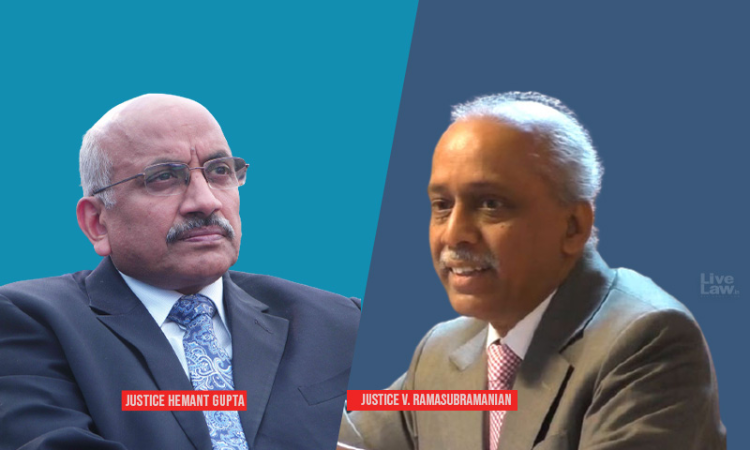Wakf Board Can Declare A Property As Wakf Only After Conducting Inquiry Under Section 40 Wakf Act: Supreme Court
LIVELAW NEWS NETWORK
7 Feb 2022 9:07 PM IST

Next Story
7 Feb 2022 9:07 PM IST
The Supreme Court observed that the Wakf Board can determine the nature of the property as wakf only after conducting inquiry as prescribed under Section 40 of the Wakf Act.The conduct of inquiry pre-supposes compliance of the principles of natural justice so as to give opportunity of hearing to the affected parties, the bench comprising Justices Hemant Gupta and V. Ramasubramanian said.The...
